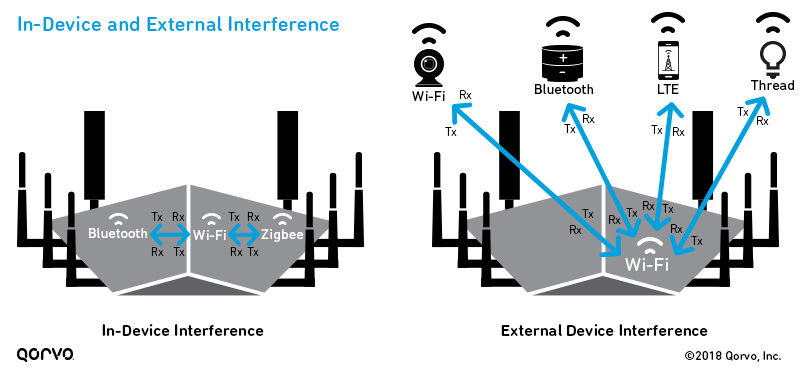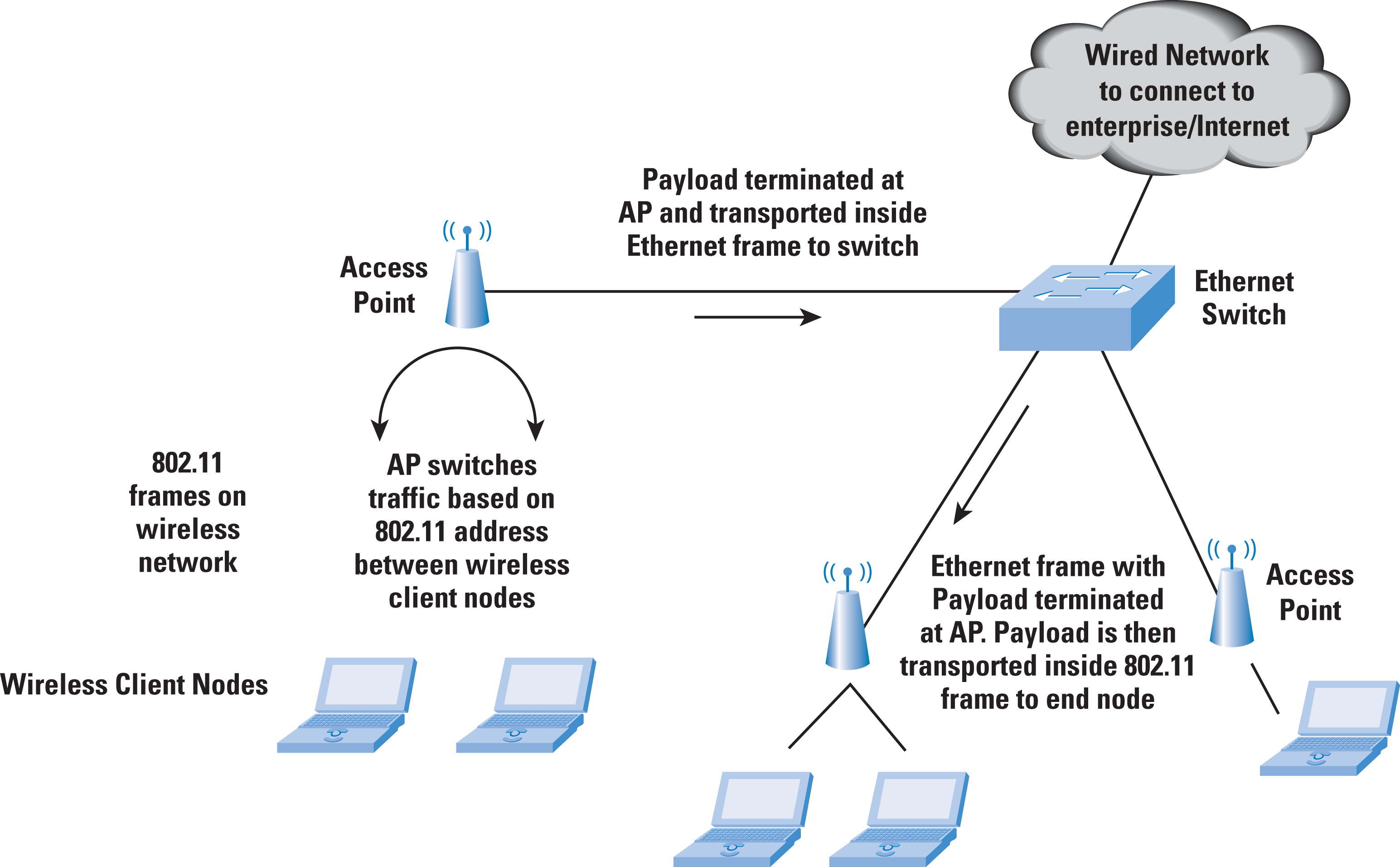Bluetooth And Wifi Interference Reduction Techniques


I just recently bought a new Bluetooth speaker because it's hard for me to hear audio through my Best Buy Insignia Flex when watching YouTube videos. But apparently my Bluetooth speaker seems to be causing interferences with my WiFi because when I watch YouTube videos through my new Bluetooth speakers, the connection is slow that the video frequently pauses to buffer despite strong WiFi signal. But when I watch YouTube videos through my tablet's built-in speakers, the connection is great but audio is hard to hear. Is there any way I could reduce interference to my WiFi signal without spending more money to buy new hardware or anything and using just what I have? Sent from my NS-14T002 using androidforums, powered by appyet.com.
Change the channel on your router. If it's at the middle (around channel 6) move it to one of the ends (1 or 11). If it's at one end, move it to the other.
Also don't have the speaker between the Flex and the router, or too close to either of them. About the only other 'fix' is running the Flex on 802.11A, 5GHz.
How to Stop Bluetooth Interference From Messing. About your Bluetooth device, email support@goldtouch.com and we will do. For Wi-Fi, Bluetooth. Root How to reduce interference between WiFi and bluetooth. Is there any way I could reduce interference to my WiFi. Bluetooth and 2.4GHz wifi.
If your router can't do 5GHz, that would cost. If the Flex can't, it's not a viable solution. Bluetooth and 2.4GHz wifi use the same frequencies, but they usually don't interfere with each other (you can use the wifi on a cellphone and use a BT headset at the same time).
A headset is a BT Class 3 device, with a range of about a meter. The speaker should be too.
But if it (or the Flex) are Class 1, that's 100mW signal, and that can cause a problem. (That's for a range of 100 meters, further than your wifi.).
Microwave ovens Using your microwave oven near your computer, Bluetooth device, or Wi-Fi base station might cause interference. Direct Satellite Service (DSS) The coax cable and connectors used with some types of satellite dishes can cause interference. Check the cabling for damage that could cause radio frequency interference (RF leakage). Try replacement cables if you suspect interference. Power sources Certain external electrical sources like power lines, electrical railroad tracks, and power stations can cause interference. Avoid locating your AirPort Base Station, AirPort Time Capsule, or Wi-Fi router near power lines in a wall, or near a breaker box. 2.4 GHz or 5 GHz phones A cordless telephone that operates in the 2.4 GHz or 5 GHz range can cause interference with wireless devices or networks while taking calls.
Wireless RF video Wireless video transmitters that operate in the 2.4 GHz or 5 GHz bandwidth can cause interference with wireless devices or networks. Wireless speakers Wireless audio that operates in the 2.4 GHz or 5 GHz bandwidth can cause interference with other wireless devices or networks. Certain external monitors and LCD displays Certain displays can emit harmonic interference, especially in the 2.4GHz band between channels 11 and 14. Opera Browser For Windows Xp 64 Bit here. This interference might be stronger if you're using a notebook computer with the lid closed and have an external monitor connected. Try changing your access point to use 5 GHz or a lower 2.4 GHz channel. Poorly shielded cabling External hard drives or other devices with poorly shielded cabling can interfere with your wireless devices.